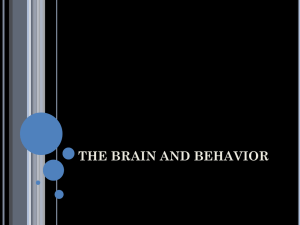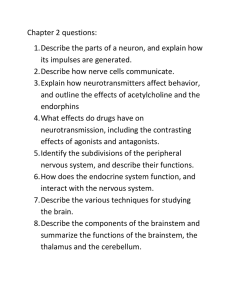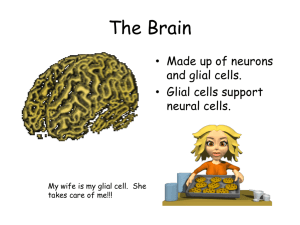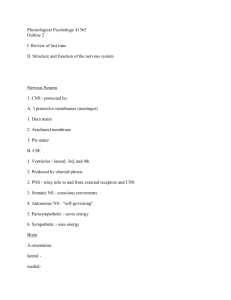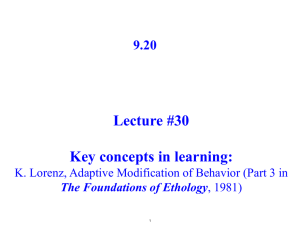John L.R. Rubenstein, M.D., Ph.D.
advertisement
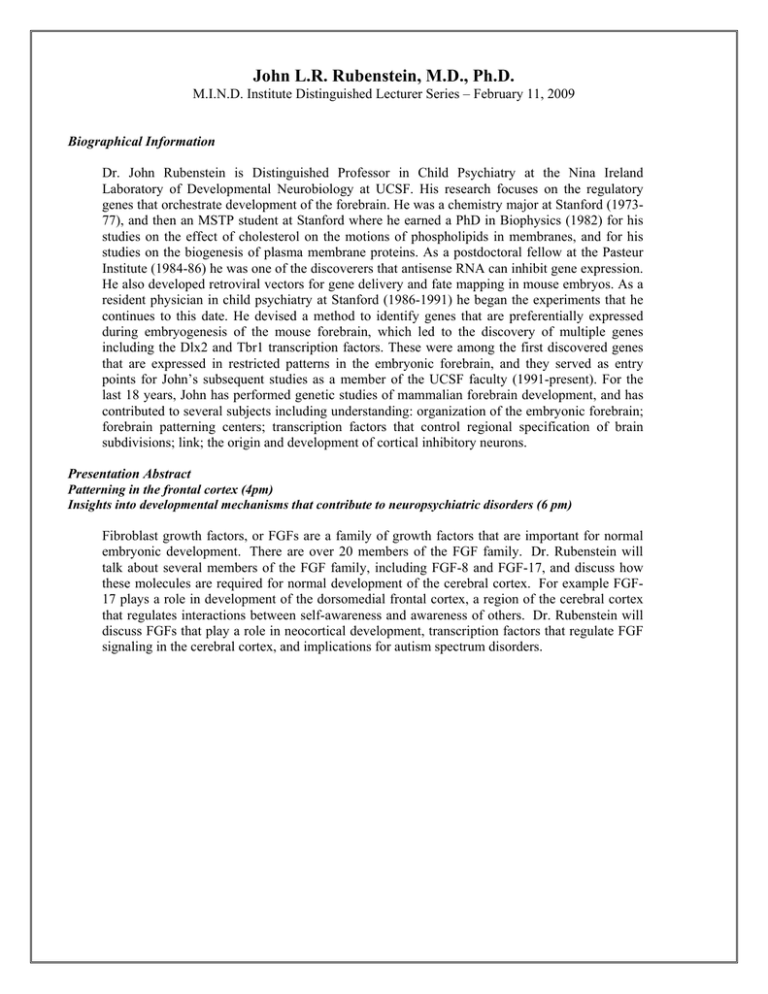
John L.R. Rubenstein, M.D., Ph.D. M.I.N.D. Institute Distinguished Lecturer Series – February 11, 2009 Biographical Information Dr. John Rubenstein is Distinguished Professor in Child Psychiatry at the Nina Ireland Laboratory of Developmental Neurobiology at UCSF. His research focuses on the regulatory genes that orchestrate development of the forebrain. He was a chemistry major at Stanford (197377), and then an MSTP student at Stanford where he earned a PhD in Biophysics (1982) for his studies on the effect of cholesterol on the motions of phospholipids in membranes, and for his studies on the biogenesis of plasma membrane proteins. As a postdoctoral fellow at the Pasteur Institute (1984-86) he was one of the discoverers that antisense RNA can inhibit gene expression. He also developed retroviral vectors for gene delivery and fate mapping in mouse embryos. As a resident physician in child psychiatry at Stanford (1986-1991) he began the experiments that he continues to this date. He devised a method to identify genes that are preferentially expressed during embryogenesis of the mouse forebrain, which led to the discovery of multiple genes including the Dlx2 and Tbr1 transcription factors. These were among the first discovered genes that are expressed in restricted patterns in the embryonic forebrain, and they served as entry points for John’s subsequent studies as a member of the UCSF faculty (1991-present). For the last 18 years, John has performed genetic studies of mammalian forebrain development, and has contributed to several subjects including understanding: organization of the embryonic forebrain; forebrain patterning centers; transcription factors that control regional specification of brain subdivisions; link; the origin and development of cortical inhibitory neurons. Presentation Abstract Patterning in the frontal cortex (4pm) Insights into developmental mechanisms that contribute to neuropsychiatric disorders (6 pm) Fibroblast growth factors, or FGFs are a family of growth factors that are important for normal embryonic development. There are over 20 members of the FGF family. Dr. Rubenstein will talk about several members of the FGF family, including FGF-8 and FGF-17, and discuss how these molecules are required for normal development of the cerebral cortex. For example FGF17 plays a role in development of the dorsomedial frontal cortex, a region of the cerebral cortex that regulates interactions between self-awareness and awareness of others. Dr. Rubenstein will discuss FGFs that play a role in neocortical development, transcription factors that regulate FGF signaling in the cerebral cortex, and implications for autism spectrum disorders.

